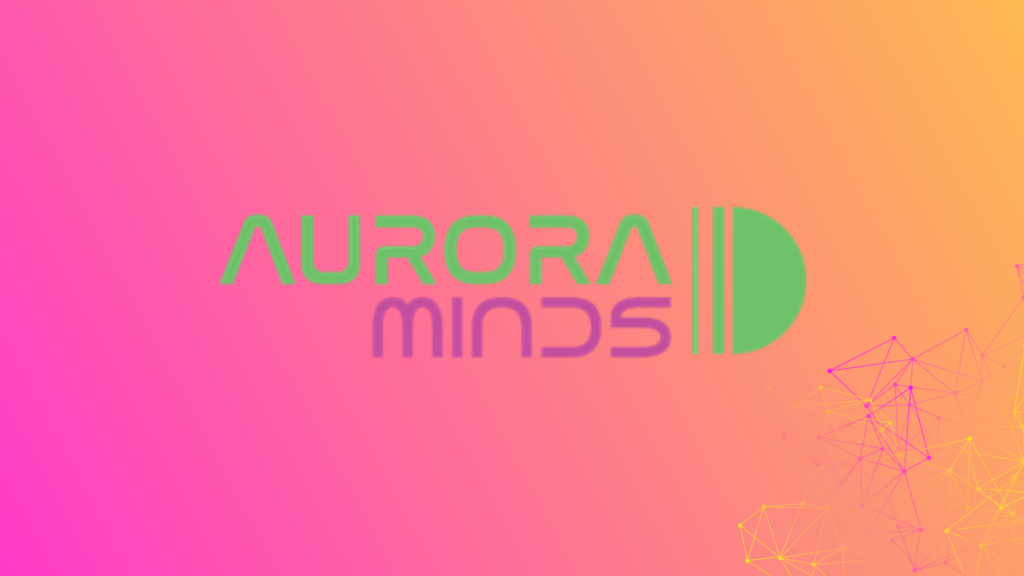AURORA Minds

AURORA MINDS implements a multi-layered security framework that integrates Identity Management (IdM) and Privacy-Enhancing Technologies (PETs) to ensure rigorous protection of sensitive data. This framework goes beyond basic security, embedding role-based access controls that precisely limit who can view or manage information, ensuring full compliance with GDPR and other privacy regulations. Central to its data protection approach is the use of federated learning, where sensitive data remains local to user devices, and local differential privacy, which adds noise to data during analysis to further safeguard privacy. This means that no raw personal data is ever centralized, drastically reducing the risk of breaches or misuse. AURORA MINDS also adopts a human-centric design by using a gamified approach tailored for children, collecting personal interaction data in a non-intrusive, engaging manner through a tablet-based animated game. This data feeds into a unique, AI-powered ADHD risk assessment process, ensuring an accurate diagnosis while prioritizing user privacy and security.
Repositories:
- Motivation for the project: Existing ADHD assistive technologies often overlook privacy and security concerns, leaving users vulnerable to data risks and profiling. To counter these challenges, AURORA MINDS implements a multi-layered security framework, including Identity Management (IdM) and Privacy-Enhancing Technologies (PETs). This approach enhances data security, strictly controls access to sensitive information, and ensures compliance with data privacy regulations.
- Generic use case description: Our project addresses user-friendliness and privacy challenges, integrating Identity Management scheme and Privacy-Attribute-Based Credentials into the Behavioral Application system, catering to various users with distinct privileges. Privacy-Enhancing Technologies provide an additional layer of protection, enabling secure data sharing and analysis while upholding data protection principles. The current solution already integrates machine learning; however, within this project, we are taking measures to implement Federated Learning using TensorFlow Federated to decentralize the data, thereby enhancing privacy features. This initiative underscores the significance of safeguarding user data amidst the escalating privacy concerns. Federated learning, with its localized data processing and parameter exchange, provides a solution in alignment with GDPR requirements.
- Essential functionalities: Our project aims to create a secure and privacy-aware ecosystem for children with ADHD. It uses mobile applications that must be deployed on a student's device (i.e., a tablet). The Behavioral Application serves as the front-end, allowing children to issue and verify credentials indicating their child status and parental approval for using ADHD management tools. The Wallet Application stores and manages these credentials while interacting with the Behavioral Machine Learning Backend server, which also integrates DidRoom and it will serve eIDAS 2.0 regulation. Additionally, a federated learning system using an open-source framework will be developed to ensure that children's collected data remains locally stored on their devices, thereby enhancing their privacy. The Behavioral Party, a web application, provides guidance to children, educators, and clinicians, with access control enforced by the Behavioral Machine Learning Backend server. The system's database architecture draws inspiration from ConInSe, in order to provide to children,parents , clinicians and educators a robust and scalable approach to managing consent in a distributed and asynchronous manner. To enhance data privacy and compliance, we implement the Attribute Based Credentials framework
- How these functionalities can be integrated within the software ecosystem: The platform will firstly serve professional associations (pilot with APBC) to finetune its features but the end goal is to provide a validated (from a legal and technical standpoint)generic interface for organizations to manage their Verifiable credentials.
- Gap being addressed: The biggest gap we are trying to fill is the complexity and lack of incentives to use DID technologies. By providing an easy to use interface and deploy firstly amongst the organizations who can greatly increase their productivity we intended to prove the utility of the broader SSI and DID ecosystem.
- Expected benefits achieved with the novel technology building blocks: This projects aims to add the interface layer to the existing Trust Chain ecosystem of DID and SSI technologies by providing a legally and technically validated solution for credential issuance and management.
- Potential demonstration scenario: The usage scenarios for AURORA MINDS vary based on user type. For children, the system offers a gamified experience designed to capture behavioral data unobtrusively, which is then used to assess potential ADHD symptoms. Parents play a critical role as data gatekeepers; they manage consent and access permissions, allowing or restricting clinicians from viewing their child's data. For clinicians, the platform provides diagnostic insights derived from machine learning models trained on federated learning principles. The system produces risk indicators, which clinicians use to assess ADHD development and provide appropriate recommendations or interventions. The technology ensures that while clinicians access vital data, raw personal data is not centralized, thus maintaining privacy.
Team

Anastasios Manos
CEO, ICT background

Despina Elisabeth Filippidou
ICT & Informatics Phd, PMO

Vasiliki Liagkou
Assistant Professor / Security & Privacy
Senior ICT Manager

Sofia Sakka
PhD candidate at Security & Privacy
Researcher

Dimitris Salmas
Senior Software engineering
Research

Panagiotis Hadjidoukas
Associate Professor/ AI & High-Performance Computing Senior ICT Manager
Entities

DOTSOFT
DOTSOFT SA is a dynamic, Greek SME Information Technology and Communications services provider, offering IT services to the public and private sector, in Greece and Europe. Customers include government institutions, multinational corporations, public administrations and multinational companies, research and academic institutes.
Website: www.dotsoft.gr

University of Ioannina
Laboratory of Knowledge & Intelligent Computing that covers the educational, teaching and research needs of the Department of Informatics and Telecommunications
Website: https://kic.uoi.gr

